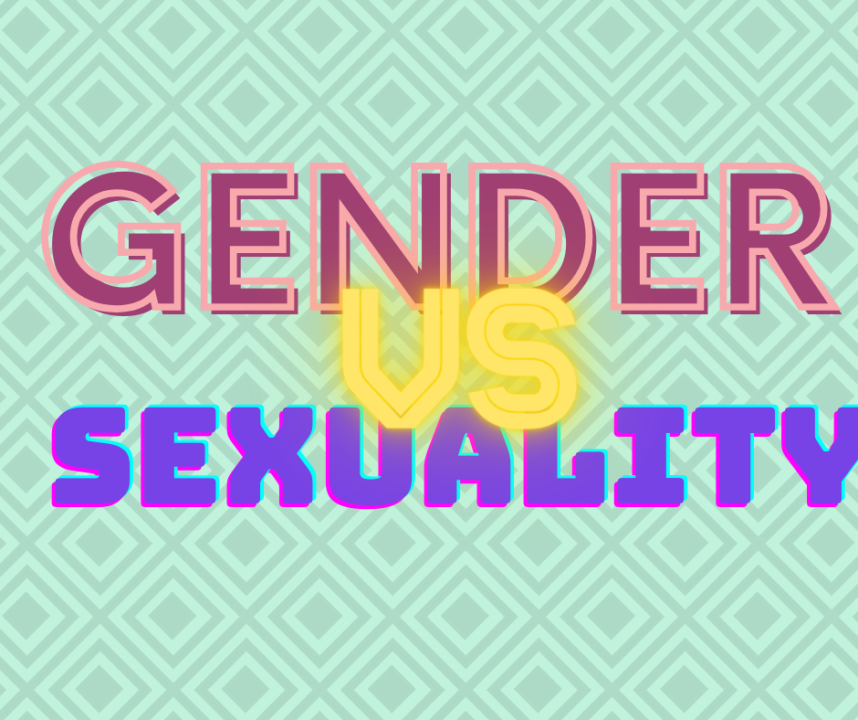Standing in front of my MSW class over a decade ago, I found myself at the beginning of what would become a transformative exploration into the nuances of gender and sexuality. That presentation, far from just an academic requirement, marked the start of my dedicated effort to illuminate the critical importance of these distinctions in fostering effective and truly inclusive mental health care. As a queer woman, my journey through personal experiences of feeling invisible, overlooked, or misunderstood deeply informed this mission. These experiences imbued me with a profound understanding of the need for visibility and recognition, driving home how essential it is for mental health professionals to approach these complex landscapes of identity with both deep empathy and informed precision. In a world where the understanding of gender and sexuality is ever-evolving, the imperative for those in mental health to adeptly and compassionately navigate these aspects of identity cannot be overstated.
As a finished my presentation, I looked into a sea of confused faces, a vivid illustration that they truly had no idea there was a difference between gender and sexuality. The room was charged with curiosity and bewilderment, an evident sign of the widespread lack of awareness. I answered a lot of questions that day, questions that spanned from basic clarifications to profound inquiries about the implications of these distinctions on mental health care. It was a pivotal moment, one that solidified my dual role in this ongoing dialogue: as both teacher and learner.
It became clear that if this confusion existed among those poised to enter the mental health field, then it was likely a pervasive issue affecting broader professional practice and, by extension, the individuals seeking our support. The commitment to not only educate others but to continue my own education became a guiding principle. Every question answered and every misconception addressed fueled a deeper understanding and a more inclusive approach to care.
Let’s delve deeper into the evolving landscapes of identity and expression, the imperative for mental health professionals to navigate these nuances with competence and empathy has never been more critical.
Gender Identity is an individual’s deeply felt internal experience of gender, which may or may not correspond with the sex assigned at birth. It encompasses a spectrum of identities, including man, woman, both, neither, and anything in between. Gender identity is about self-perception and how one wishes to be recognized in society. Sexuality (Sexual Orientation) concerns an individual’s pattern of emotional, romantic, or sexual attraction to others. It spans a wide range of orientations such as heterosexual, homosexual (gay and lesbian), bisexual, asexual, queer and pansexual. Sexuality is about who one is attracted to and forms relationships with.
These concepts, while distinct, intersect in ways that profoundly affect individuals’ mental health and wellbeing. A nuanced understanding of these differences is essential for mental health professionals aiming to provide culturally competent and affirming care. Recent scholarly work underscores the necessity of this nuanced understanding. A 2021 study in the Transgender Health journal found that transgender and non-binary individuals often face significant barriers in accessing mental health services, partly due to healthcare providers’ lack of knowledge about gender diversity. This ignorance can lead to misgendering, inappropriate therapeutic approaches, and ultimately, a breach of trust between client and therapist.
Another critical piece of research from the Journal of Homosexuality (2020) indicates that LGBTQ+ individuals frequently encounter mental health practitioners who are not well-versed in the specific psychosocial stressors affecting these communities, including stigma, discrimination, and the process of coming out. Such gaps in understanding can exacerbate the client’s sense of isolation and distress.
Consider the case of Alex (a pseudonym), a non-binary individual who sought therapy for anxiety and depression. Alex’s therapist, lacking a firm grasp of non-binary identities, continuously referred to Alex using incorrect pronouns and framed their issues solely through the lens of sexuality, overlooking the nuanced impact of gender identity on Alex’s mental health. This oversight not only hindered therapeutic progress but also compounded Alex’s feelings of invisibility and marginalization.
In another instance, Jordan, a lesbian woman, reported that her therapist assumed her sexual orientation was a “phase” and focused on exploring potential attractions to men, ignoring the real issues Jordan wanted to address. These examples highlight the tangible harm that can arise from a lack of understanding and sensitivity towards gender and sexuality.
Recognizing and respecting the nuances of gender and sexuality is paramount. This calls for ongoing education, training, and introspection among mental health professionals to ensure empathetic, informed care. Continuing education that addresses these distinctions and the unique challenges faced by LGBTQ+ populations is essential for fostering a more inclusive and effective mental health care environment.
I have dedicated myself to offering training and consultation services to fellow mental health providers and professionals. By sharing insights gained from both research and personal experience, I aim to equip others with the tools necessary to navigate the complex landscapes of gender and sexuality with empathy and precision. This commitment to education extends beyond traditional settings, reaching into the heart of our communities where the impact can resonate most profoundly.
The journey from my initial presentation to the role I play today as both an educator and advocate underscores a fundamental truth: understanding the intricacies of gender and sexuality is not just a professional requirement but a moral imperative.
Reflecting on my journey from those initial presentations to my advocacy today, it’s clear that understanding people is fundamental to our mission as mental health professionals. Armed with research and guided by compassion, we must commit to this understanding as part of our ongoing professional development. Let’s embrace the challenge of closing the knowledge gap, ensuring our care is as inclusive and supportive as possible. Together, we can make a difference in the lives of those we serve, one step at a time.

